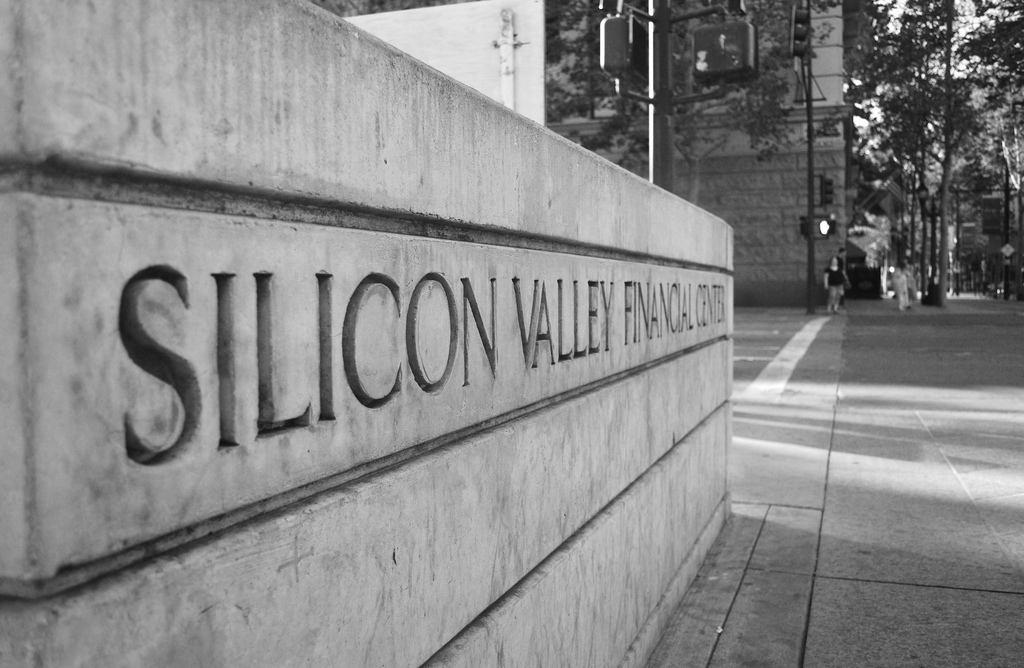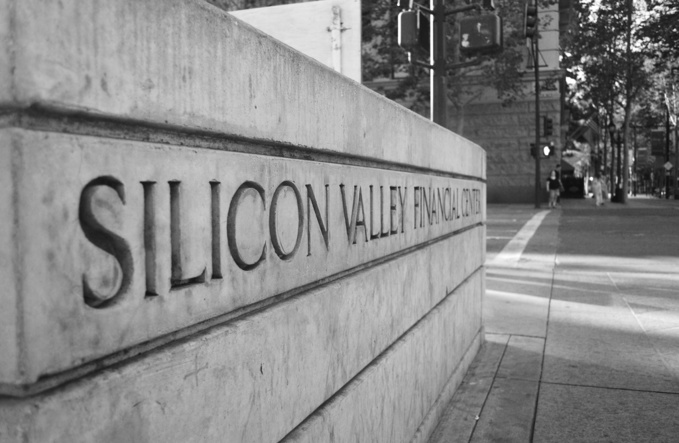In 2007, the main concern was large, systemically important organizations that were on the verge of collapse. Banks from Wall Street grew to such a size and became so important to the health of the financial system that no normal government would ever allow them to go bankrupt. Knowing this, they committed excessively risky operations in the real estate market and invented increasingly complex derivatives. The result was the worst financial crisis since the Great Depression.
In the years that followed, the authorities made great strides in solving the "too-big-to-fail" problem. Now the capitalization of American banks is higher than ever. The authorities conduct regular stress tests of the largest organizations. And the Dodd-Frank Act, designed to reduce the risks of the US financial system, places strict demands on systemically important institutions.
Although the reforms significantly reduced the risks that caused the last crisis, they ignored and somehow even aggravated problems that could cause the next one. Since 2007, the financial sector has embraced a huge wave of innovation. It touched almost all aspects.
New start-ups, such as Betterment and Wealthfront, began to distribute financial advice based on algorithmic calculations. Crowdfunding platforms like Kickstarter and Lending Club offered companies and individuals new ways to raise funds from a distributed network of investors. Crypto-currencies, such as bitcoin and ether, have radically changed our understanding of how money can and should work.
These financial technology markets (fintech) are populated with small start-ups. They are exactly the opposite of the large, concentrated banks on Wall Street that have dominated finance for so long. And these small companies have benefited investors and consumers. By automating the decision-making process and reducing transaction costs, fintech improves the efficiency and speed of the financial industry. It opens up access to capital for new categories of individuals and companies, making finance more democratic than ever.
But revolutions often end in destruction, and the fintech revolution is no exception. It creates a potentially unstable environment, ready for collapse, and does so in three ways.
Fintech companies are more vulnerable to rapid and unfavorable changes than Wall Street banks. Because of their small size and weak diversification, such firms can fail even with a slight change in market conditions. Suffice it to recall the case with the Tokyo Stock Exchange Mt. Gox. It was the largest platform for the exchange of bitcoins until in 2014, due to security breaches, hackers stole more than 3.5 billion dollars in bitcoins.
Fintech companies are more difficult to control than conventional financial institutions. They rely on complex computer algorithms, so it is difficult to get a reliable picture of combination of risks and rewards from the outside. Many technologies are so innovative that they escape attention of somehow outdated regulatory structures. For example, the rapid growth in the popularity of primary coin placement (ICO) has forced authorities of many countries to urgently seek an answer to the question of how to control this market.
There are no unwritten norms and rules, usual for traditional financial institutions, in fintech. In 2008, when Lehman Brothers was on the verge of collapse, leaders of the largest Wall Street banks gathered in New York to coordinate actions and prevent panic. It is difficult to imagine something like this in the world of fintech. The industry is so new, and the players are so fragmented that they have no incentive to cooperate for the sake of the common good. Instead, there is a desire for aggressive growth and carelessness.
How to improve safety of the fintech? There is no simple answer to this question. The most important thing is how we deal with the industry now, knowing that its players are in desperate need of regulation. After all, the future of finance is not on Wall Street, but in the Silicon Valley.
source: bloomberg.com
In the years that followed, the authorities made great strides in solving the "too-big-to-fail" problem. Now the capitalization of American banks is higher than ever. The authorities conduct regular stress tests of the largest organizations. And the Dodd-Frank Act, designed to reduce the risks of the US financial system, places strict demands on systemically important institutions.
Although the reforms significantly reduced the risks that caused the last crisis, they ignored and somehow even aggravated problems that could cause the next one. Since 2007, the financial sector has embraced a huge wave of innovation. It touched almost all aspects.
New start-ups, such as Betterment and Wealthfront, began to distribute financial advice based on algorithmic calculations. Crowdfunding platforms like Kickstarter and Lending Club offered companies and individuals new ways to raise funds from a distributed network of investors. Crypto-currencies, such as bitcoin and ether, have radically changed our understanding of how money can and should work.
These financial technology markets (fintech) are populated with small start-ups. They are exactly the opposite of the large, concentrated banks on Wall Street that have dominated finance for so long. And these small companies have benefited investors and consumers. By automating the decision-making process and reducing transaction costs, fintech improves the efficiency and speed of the financial industry. It opens up access to capital for new categories of individuals and companies, making finance more democratic than ever.
But revolutions often end in destruction, and the fintech revolution is no exception. It creates a potentially unstable environment, ready for collapse, and does so in three ways.
Fintech companies are more vulnerable to rapid and unfavorable changes than Wall Street banks. Because of their small size and weak diversification, such firms can fail even with a slight change in market conditions. Suffice it to recall the case with the Tokyo Stock Exchange Mt. Gox. It was the largest platform for the exchange of bitcoins until in 2014, due to security breaches, hackers stole more than 3.5 billion dollars in bitcoins.
Fintech companies are more difficult to control than conventional financial institutions. They rely on complex computer algorithms, so it is difficult to get a reliable picture of combination of risks and rewards from the outside. Many technologies are so innovative that they escape attention of somehow outdated regulatory structures. For example, the rapid growth in the popularity of primary coin placement (ICO) has forced authorities of many countries to urgently seek an answer to the question of how to control this market.
There are no unwritten norms and rules, usual for traditional financial institutions, in fintech. In 2008, when Lehman Brothers was on the verge of collapse, leaders of the largest Wall Street banks gathered in New York to coordinate actions and prevent panic. It is difficult to imagine something like this in the world of fintech. The industry is so new, and the players are so fragmented that they have no incentive to cooperate for the sake of the common good. Instead, there is a desire for aggressive growth and carelessness.
How to improve safety of the fintech? There is no simple answer to this question. The most important thing is how we deal with the industry now, knowing that its players are in desperate need of regulation. After all, the future of finance is not on Wall Street, but in the Silicon Valley.
source: bloomberg.com



















